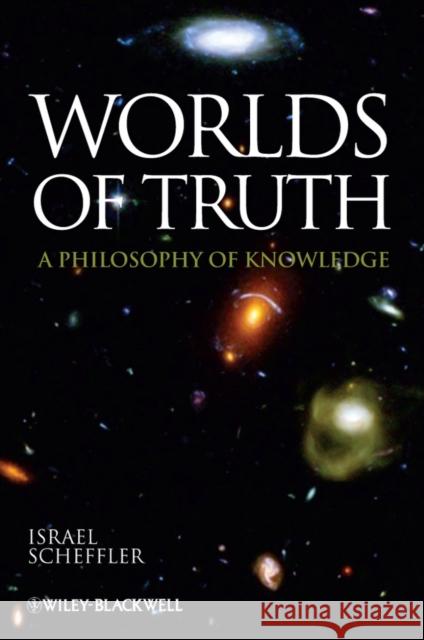Worlds of Truth: A Philosophy of Knowledge » książka
topmenu
Worlds of Truth: A Philosophy of Knowledge
ISBN-13: 9781405191708 / Angielski / Twarda / 2009 / 168 str.
Worlds of Truth: A Philosophy of Knowledge explicates and builds upon a half century of philosophical work by the noted philosopher Israel Scheffler.
- Propounds a new doctrine of plurealism which maintains the existence of multiple real worlds
- Offers a defense of absolute truth, which denies certainty and eschews absolutism, and defends systematic relativity, objectivity, and fallibilism
- Emphasizes a wide range of pragmatic interests: epistemology and scientific development, cognition and emotion, science and ethics, ritual and culture, and art and science











